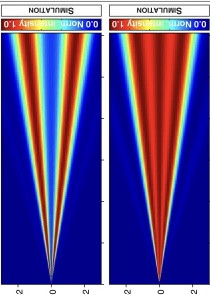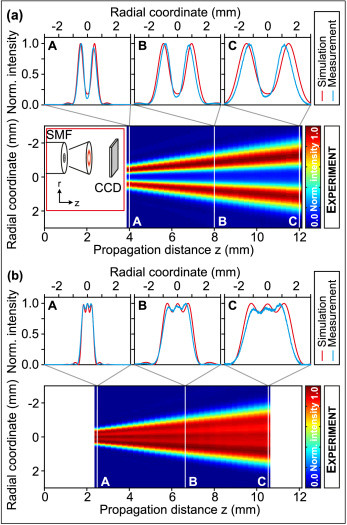pin point accuracy
squeeze (n.) 1610s, "act of squeezing," from squeeze (v.). Main squeeze "most important person" is attested from 1896; meaning "one's sweetheart, lover" is attested by 1980. Slang expression to put the squeeze on (someone or something) "exert influence on" is from 1711.
A lover?
There are only two types of charge, one called positive and the other called negative. Like charges repel, whereas unlike charges attract. The force between charges decreases with distance.
If you describe a dispute or a legal case as open-and-shut, you mean that is easily decided or solved because the facts are very clear. It's an open-and-shut case.
if you squeeze or stretch a piezoelectric crystal, you deform the structure, pushing some of the atoms closer together or further apart, upsetting the balance of positive and negative, and causing net electrical charges to appear.
early 13c., pinchen, "to pluck (an eyebrow);" mid-14c. "compress between the finger and thumb or some device, squeeze between two hard, opposing bodies," from Old North French *pinchier "to pinch, squeeze, nip; steal" (Old French pincier, Modern French pincer), a word of uncertain origin, possibly from Vulgar Latin *punctiare "to pierce," which might be a blend of Latin punctum "point" + *piccare "to pierce."
force a way through; penetrate.
"they were seeking to pierce the anti-ballistic-missile defences"
make (a hole) with a sharp instrument.
"I had to pierce another hole in my belt"
make an opening in or bore a tunnel through.
"the dividing wall is pierced by arches"
verb: pierce; 3rd person present: pierces; past tense: pierced; past participle: pierced; gerund or present participle: piercing
1.
(of a sharp pointed object) go into or through (something).
"a splinter had pierced the skin"
make a hole in
penetrate
puncture
punch
perforate
riddle
stab
prick
probe
gore
spike
stick
impale
transfix
bore (through)
drill (through)
lance
tap
pierce someone's heart — affect someone keenly or deeply.
"pure love had pierced her heart


